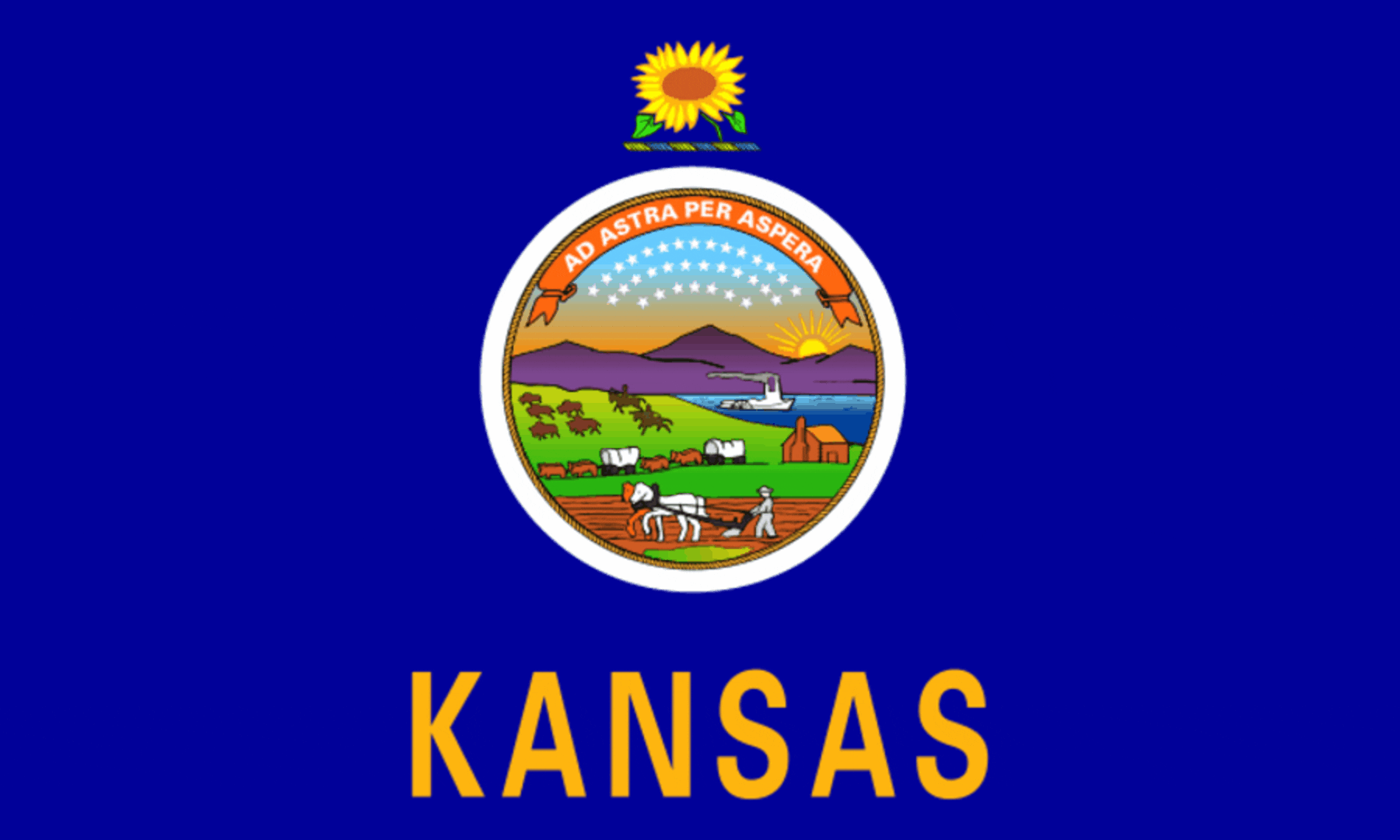Become a Kansas Notary Public

Kansas Notary Commission Overview
The step-by-step process for becoming a notary public in the state of Kansas is detailed below. Once you are ready to shop for supplies, simply visit our store. As a national provider of notary supplies, notary bonds, insurance, and training, Notary.net has pretty much everything you need to become a Kansas notary public.
Are You in the Wrong Place?
Kansas Notary Supplies Package
This package includes everything you need to become a Kansas notary: a 4-year $12,000 Kansas notary bond, a self-inking Kansas notary stamp, and a notary journal.
How to Become a Notary Public in Kansas
Step-by-Step InstructionsHow to Become a Kansas Notary Public
1. Meet the state requirements to become a notary public (see below).
2. Buy your KS notary bond.
3. Buy your notary seal and notary journal.
4. Complete the Notary Public Appointment Form.
5. Get your application notarized - the oath of office on the application must be administered to you by a notary public.
6. Send your completed and notarized application, bond, notary seal impression, and the $10 fee to the Secretary of State.
7. After your application is accepted, you will receive your commission certificate, wallet card, and Kansas notary handbook.
Congratulations! You are now a Kansas notary public!


